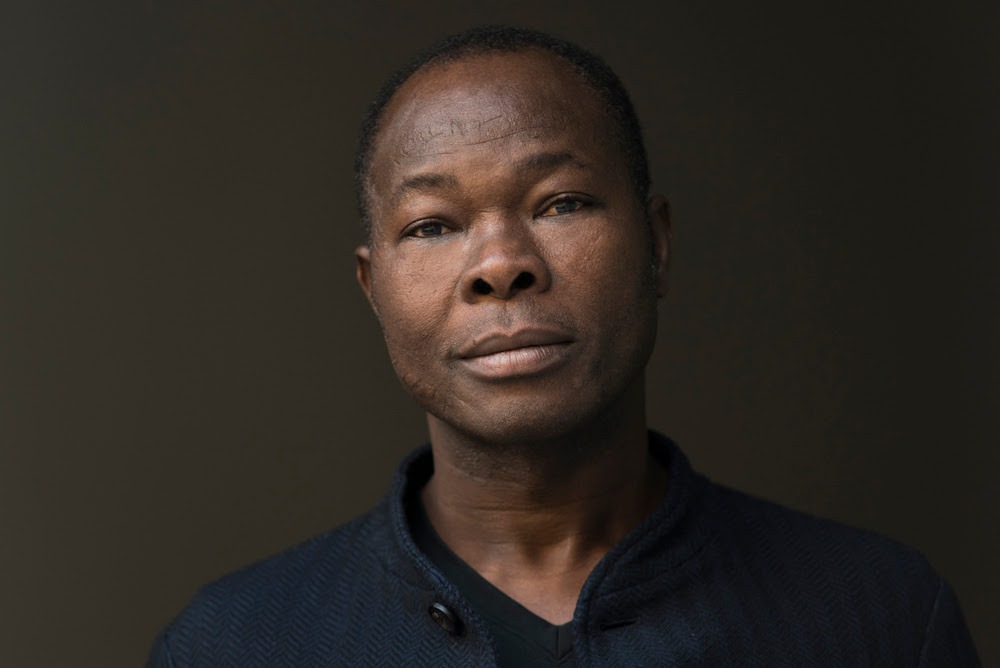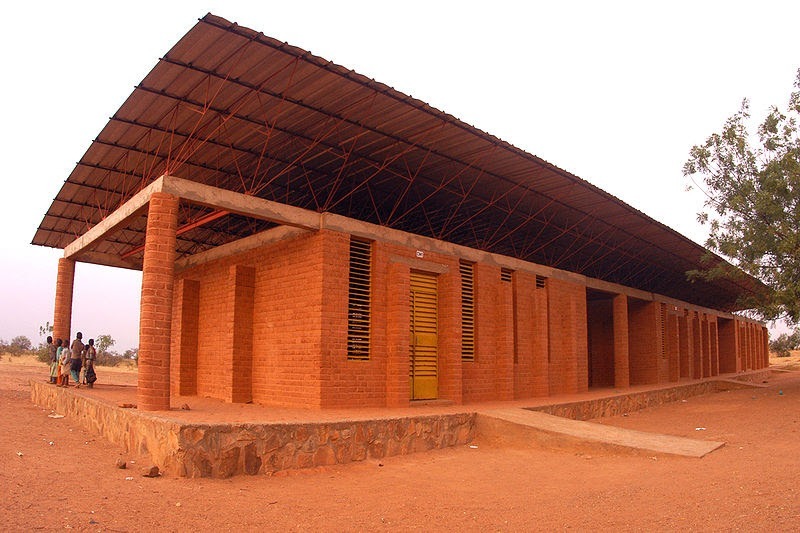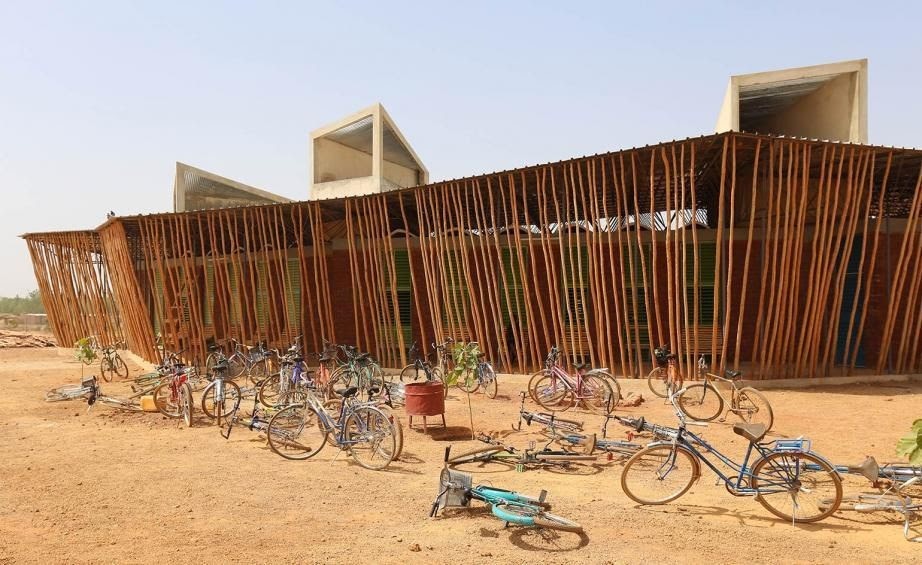
Diébédo Francis Kéré
Diébédo Francis Kéré is an award-winning architect from Burkina Faso and will be a keynote speaker at next year’s UIA World Congress of Architects (18-22 July 2021, Rio de Janeiro, Brazil). He studied at the Technical University of Berlin, when he established the Kéré Foundation. In 2005, he founded Kéré Architecture, which has since been recognised nationally and internationally with awards including the Aga Khan Award for Architecture (2004) and the Global Holcim Award 2012 Gold. Kéré has held professorships at the Harvard Graduate School of Design, Yale School of Architecture, the Swiss Accademia di Architettura di Mendrisio and TU München.
What brought you to architecture?
The desire to improve the living conditions and architecture for my people. I wanted to build housing and schools that do not need to be laboriously repaired after each rainy season. And I wanted to build classrooms that provide a comfortable and enticing learning environment.

What is your personal mission as an architect?
To design buildings that function as inspiration to those who end up using them. That requires distilling everything down to the essential in order to position the human at the centre. And in doing so I witnessed more and more that structures built with people as the driving force ended up embracing those entering them and offered respite from the hectic speed of our time. So, I suppose my mission found me along the way as experience added depth to expertise.
In your experience, what are the advantages of participative design?
When people are involved in a process, a sense of ownership and responsibility is created. If a building is created with a participatory approach it ceases to be an alien structure, but instead becomes something that is understood and truly owned by those who helped create it. With this also comes pride and a wanting to maintain the building.

How do the cultural differences between Germany and your home country Burkina Faso affect your work, creativity and design philosophy?
By oscillating between and inhabiting both a world of abundance in regards to technical knowledge and material in Germany and a society with little economic and technological prowess, but a vast understanding of communal connectivity in Burkina Faso, my senses have been sharpened in a way that is not possible if you only ever transverse familiar cultural ground. This hopping back and forth supplies me with a sense of play and looking for forks in the road, leading to a solution that a monochrome lens would not be able to see. What this requires though, is to step away from mere comparison, pitting one culture against the other or a dichotomous understanding of the two. I have found the most enriching aspect for my creativity and work comes when I just instinctively pull from both simultaneously without defining what came from where.
How do you think our perception “development” needs to change, in the context of the built environment?
If you are speaking about development in terms of creating more advanced technology, then I would say it is important to not lose sight of what is attainable for who. Needs need to be linked to people and if we develop building technologies that do not keep in mind affordability for the many, then there is a need to change focus.
If you are speaking about development in terms of aid, then similarly there is a need to put the need of the actual people that supposedly benefit at the core of any effort.
In both cases the importance lies in the avoidance of creating White Elephants.
